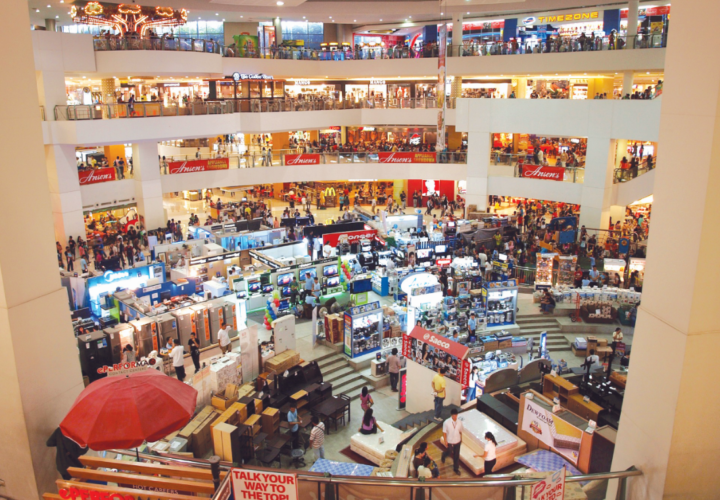
E-commerce transforming the use of retail space for retailing purpose
As of the third quarter of 2017, there are about 5.3 million sqf of vacant retail space in Singapore, according to the republic’s Urban Redevelopment Authority (URA) and e-commerce could have contributed to a substantial portion of that.
This is according to the first of a series of research papers published by Jones Lang LaSalle (JLL), a professional services firm that specialises in real estate and investment management.
As the Singapore government is looking to grow the e-commerce share of retail receipts from about 3% in 2016 to 10% by 2020, JLL said the proportion of existing physical retail space that may no longer be required for retailing could increase further.
In fact, the growth of online shopping, coupled with a cyclical headwind, has led to rising vacancy rates and falling rents of retail space over the past few years. According to the URA, the vacancy rate of island-wide retail space has gradually risen from 4.5% in 4Q13 to 8.1% in 2Q17. Rents of retail space in the Central Region of Singapore have correspondingly fallen 15.6% over the 11 quarters ending 3Q17 from the recent peak in 4Q14.
Lee Siew Ling, JLL’s national director of retail leasing, explained: “Limiting the release of government land sales sites for retail will slow down future supply and contain rising vacancy rates. While consumer sentiment has picked up alongside the improving economic conditions, retailer sentiment remains cautious in the face of intensifying competition from online retailers and this will continue to put pressure on rents.”
Notwithstanding the impact of e-commerce on the retail trade, physical retail stores still have a key role in the Singapore retail scene, JLL affirmed. It suggested that retail space will have to be transformed to stay relevant for retailing purposes in this Internet age.
Angelia Phua, consulting director of research and consultancy for JLL Singapore and the author of the report, said: “The Generation X and Baby Boomers still prefer to shop in physical stores while the Millennial Generation and Generation Y enjoy visiting malls to browse and linger in cafés to socialise and engage in online activity on mobile equipment. To stay relevant, landlords and retailers will need to innovate and adopt new strategies to navigate the challenging retail environment.”























 Advertise
Advertise






